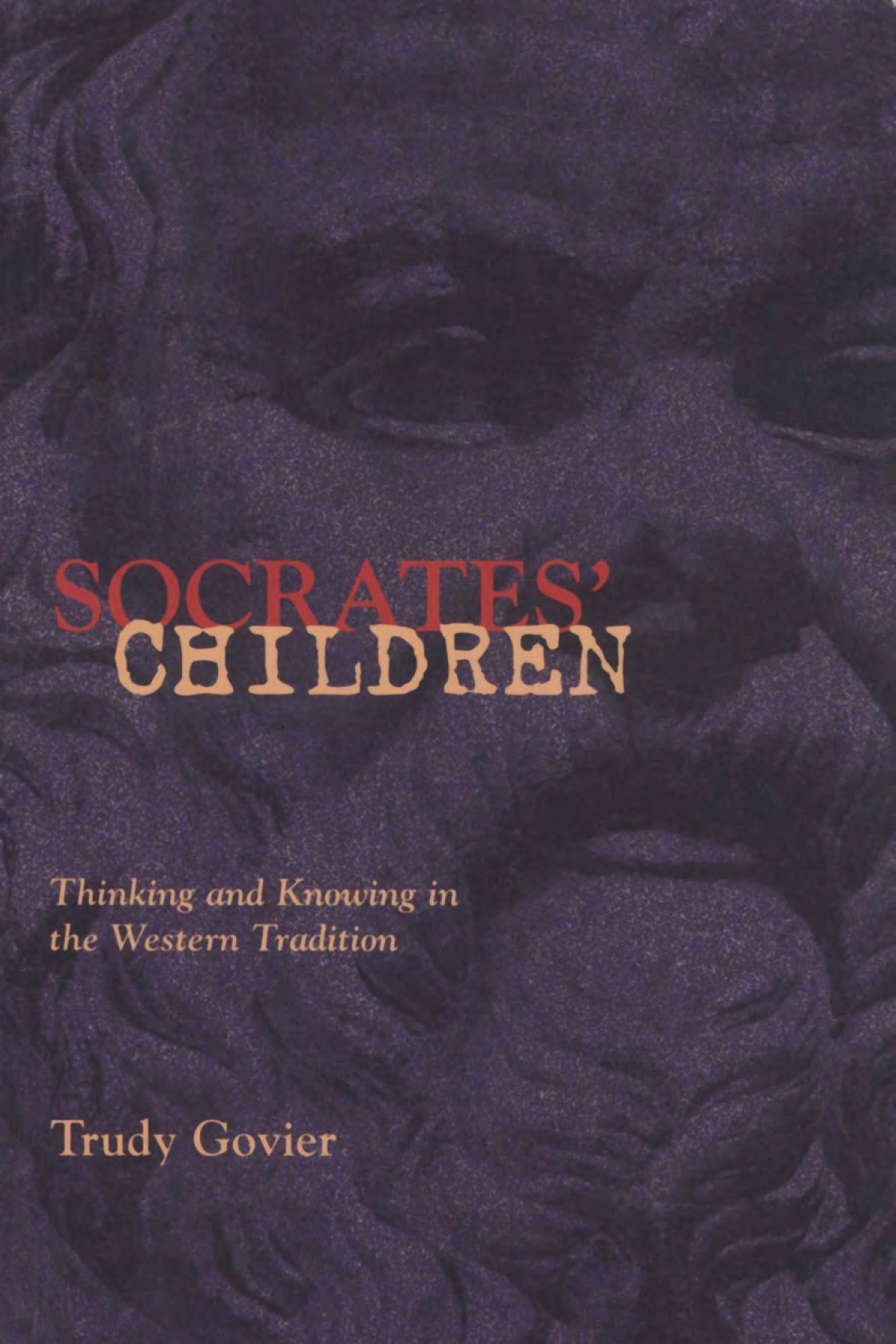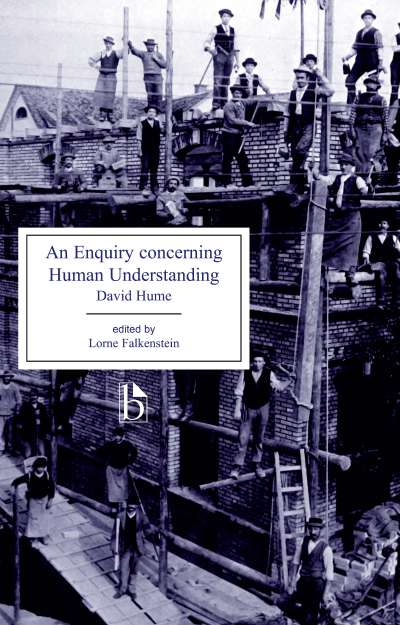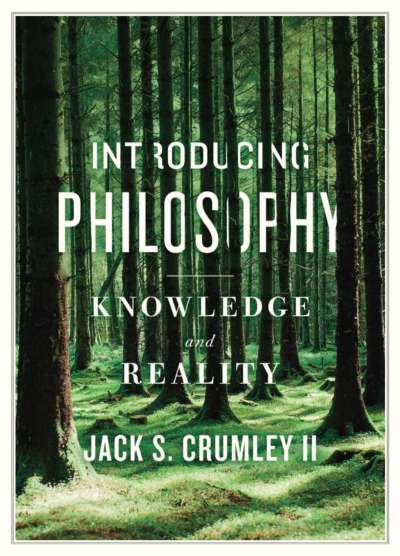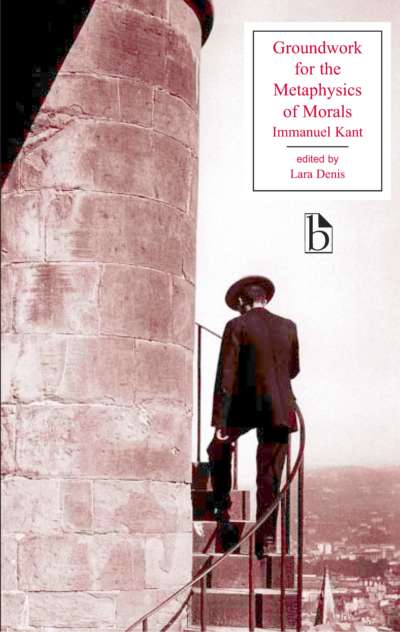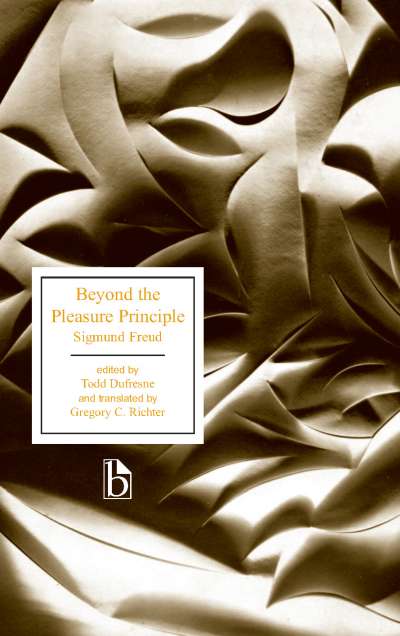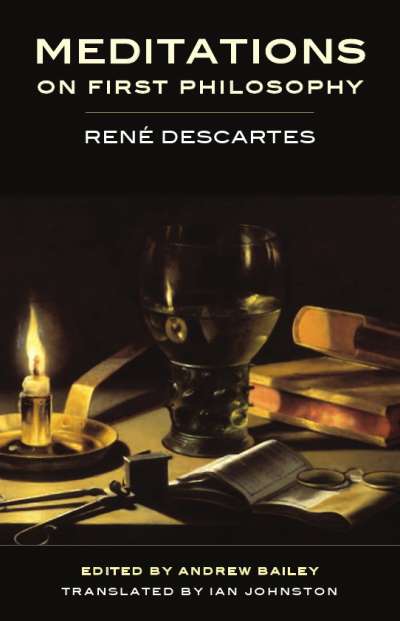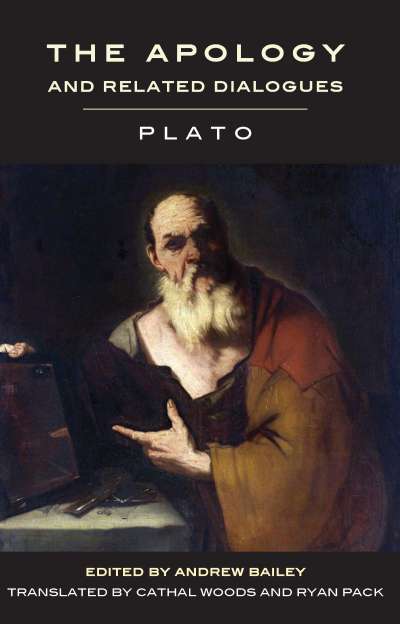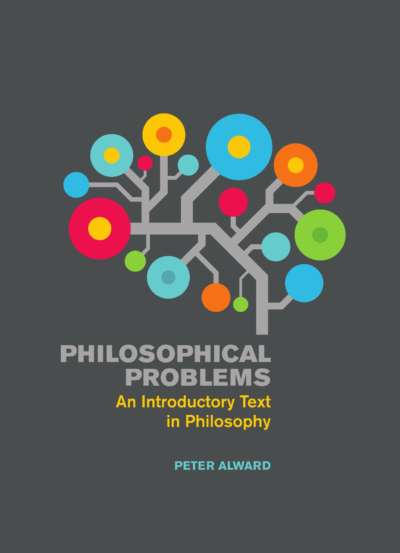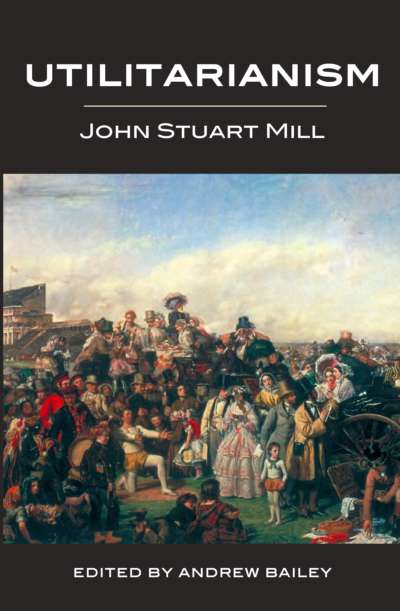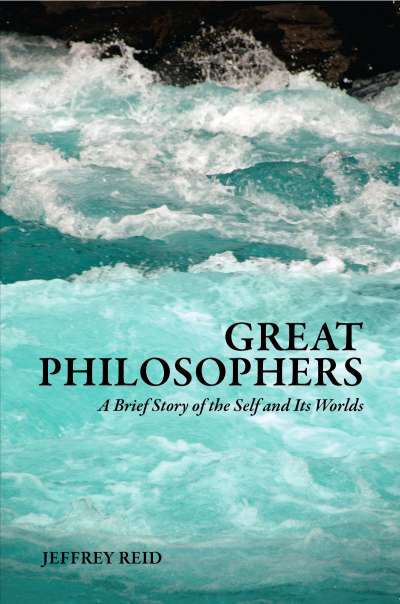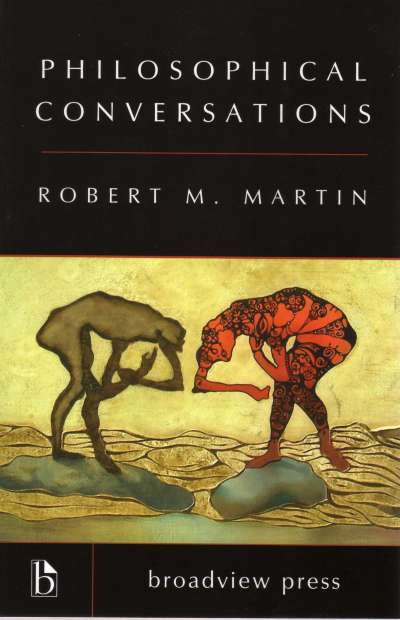How do Humans Think? How should we think? Almost all of philosophy and a great deal else depends in large part on the answers that we provide to such questions. Yet they are almost impossible to deal with in isolation; notions about nature of thought are almost bound to connect with metaphysical notions about where ideas come from, with notions about appropriate arenas for certainty, doubt, and belief, and hence with moral and religious ideas.
The Western tradition of thinking about thinking takes shape with Socrates; among the other important strands covered in this book are Descartes’ recipe for discovering truth through systematic doubt, Hume’s notion that all our ideas are copies of sense impressions, Wollstonecraft’s introduction of the perspective of gender into such questions, and Wittgenstein’s claim that much of the traditional terrain of Western philosophy should be thought of as the proper domain only of linguistic assertion, possessing no content beyond the words.
With each philosopher and school of thought dealt with, Govier shows how ideas about thinking connect to the other elements of the particular philosophy, and brings to life the social and intellectual context that the ideas spring from. Socrates’ Children is thus not only an investigation of notions of thinking and knowing in Western culture; it is a selective general history of much of Western philosophy, from a unique and fascinating perspective.
Comments
“…the exposition is consistently good, with much of it being insightful and illuminating.” — Canadian Book Review Annual
“a delightful book, a lively and thoroughly engaging survey of what some of the great Western philosophers have said about the nature, aims, and proper conduct of thought … a unique and worthwhile introduction to the philosophical enterprise.” — Dialogue
“Socrates’ Children is philosophically astute and written in the lively and accessible style for which Trudy Govier is justly esteemed.” — Frank Cunningham, University of Toronto
Preface
1 Socrates, the Sting Ray of Athens
- Thinking, Questioning, and Arguing
Discovering That We Do Not Know
The Quest for Definition
Observations: The Legacy of Socrates
2 Plato: The Shadows, the Cave, and the Dazzling Sun
- Paradox and Recollection
The Divided Line
Dialectic
Dialectic and Thinking
The Sun and the Cave
Observations
Myth, Imagination, and Play
3 Aristotle: Finding the Golden Mean
- Forms in the World
Aristotle and Plato
Practical Knowledge and Deliberation
Strategies for Thinking
Logic, Argument, and Dialectic
The Syllogism
The Principles of Non-Contradiction and the Excluded Middle
Demonstration and the Complete Science
Dialectic
Observations
4 Descartes: Are There Rotten Apples in that Basket?
- The Method of Doubt
Cogito Ergo Sum: I think, therefore I am.
Proofs of God’s Existence
The Problem of the Cartesian Circle
Thinking, Error, and Free Will
Mind and Matter
Observations: Cartesian Thought, Cartesian Problems
5 Hume: Custom, the Cement of the Universe
- Hume the Empiricist
Hume’s Perplexing Arguments
Induction
Causation
The External World
The Self
Hume on Scepticism, Belief, and the Will
Practical Implications
Observations: Hume’s Problems
6 Wollstonecraft: The Oak that Braved the Storm
- A Vindication of the Rights of Woman
Thought and Reason
Enlightenment and Romanticism; Reason and Emotion
Observations
7 Kant: The Starry Skies and the Moral Law
- Rationalism, Empiricism, and Kant’s Theory of Knowledge
Kant’s Arguments
Two Distinctions
Are Synthetic A Priori Judgements Possible?
Space and Time
The Categories
Metaphysics
Kant on Thinking
Observations and Criticisms
8 Hegel: Negation and Progress
- Absolute Idealism
Hegel on the History of Philosophy
The Hegelian Dialectic
What is Hegel’s Dialectic
Dialectic in the History of Philosophy and Elsewhere
Some Qualifications
Examples of Dialectical Development in The Phenomenology of Spirit
Observations: Reflections on the Hegelian Dialectic After Hegel
9 Beauvoir: More than Kings and Conquerors
- Existentialism
Jean-Paul Sartre and Simone de Beauvoir
Beauvoir’s Existentialist Essays
The Second Sex
Thinking
Fiction and Philosophy
Observations: Applying Philosophy
10 Wittgenstein: Duck-rabbits and Talking Lions
- The Early Philosophy of the Tractatus:
Propositions and Pictures
Saying and Showing
The Mystical
Thinking, According to the Tractatus
The Vienna Circle and Logical Positivism
Wittgenstein’s Later Philosophy
A Sceptical Problem and its Resolution
Private Language and the Egocentric Predicament
What is Thinking?
How Wittgenstein Makes Us Think
Wittgenstein on the Nature of Philosophy
Observations
11 Contemporary Voices
- Artificial Intelligence
The Informal Logic — Critical Thinking Movement
Deconstruction
Feminist Epistemology
Concluding Comments
Notes
Index
Trudy Govier is the author of one of the most popular books on critical thinking, A Practical Study of Argument (Wadsworth: 4/e 1995. Also Available from Broadview is her God, The Devil and the Perfect Pizza (Broadview, 1989), a unique introduction to a selection of the core questions of philosophy through stories and dialogues.

